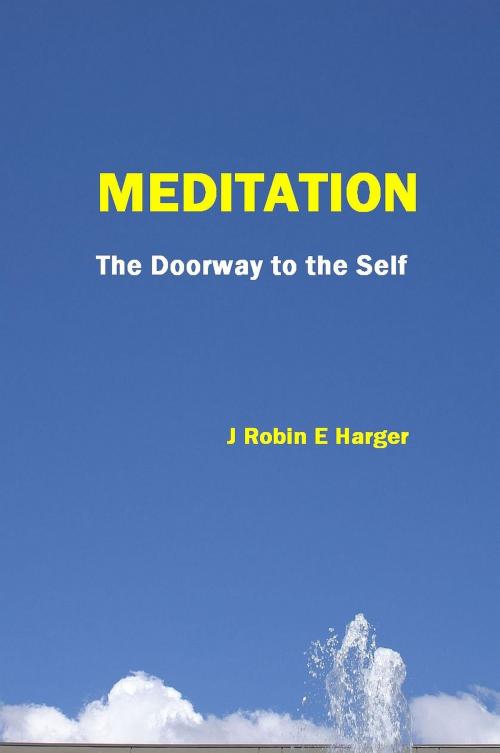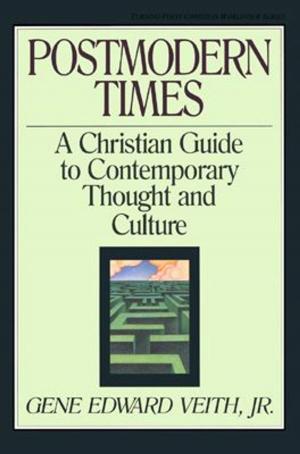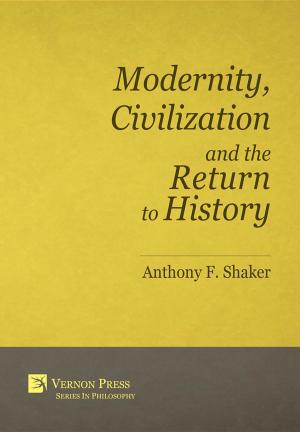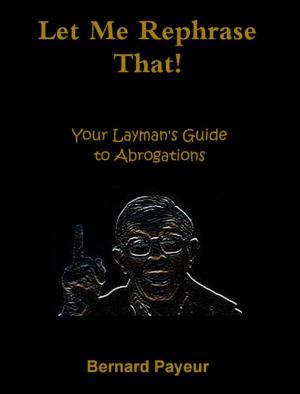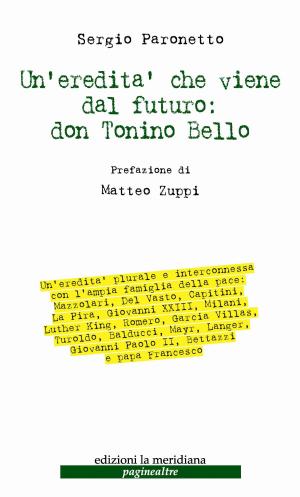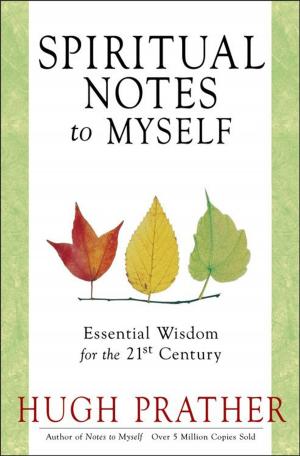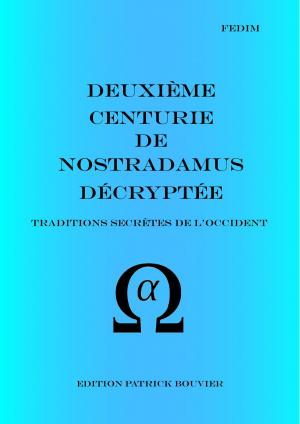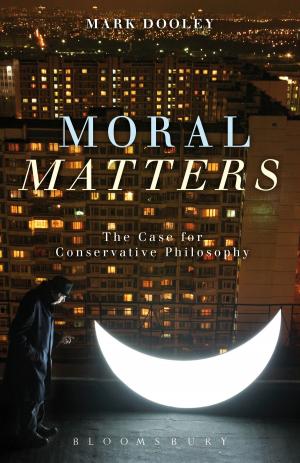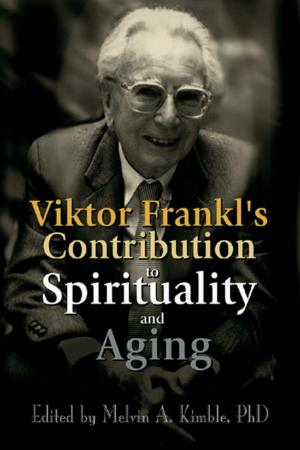Meditation The Doorway To The Self
Nonfiction, Religion & Spirituality, Inspiration & Meditation, Spirituality| Author: | J. Robin E. Harger | ISBN: | 9781465911032 |
| Publisher: | J. Robin E. Harger | Publication: | September 13, 2011 |
| Imprint: | Smashwords Edition | Language: | English |
| Author: | J. Robin E. Harger |
| ISBN: | 9781465911032 |
| Publisher: | J. Robin E. Harger |
| Publication: | September 13, 2011 |
| Imprint: | Smashwords Edition |
| Language: | English |
Meditation is often hailed as a way to reduce stress and induce states of mental relaxation. It is certainly true that meditation will allow a person to achieve relaxation. This is because the first goal of meditation is to “still the mind” and to thereby allow the shape of the true self to emerge. But what is this “true self” one might ask and why should this be of interest to anyone? To answer this, it is first of all necessary to establish a simple vocabulary that can be used to address one’s consciousness or mind. To begin with, most will be aware that one’s normal every-day waking state is often termed “waking consciousness” or perhaps the “ego-self”. It corresponds with “what one feels one is” in the every-day world. Dwelling in that identity for just a moment ensures that images concerning one’s ordinary state of being will commence to pass through the mind. Images relating to “who one is by normal identity”, what one does from day to day, where one lives and so forth will commence to stream through consciousness.
However, this is not the only state of consciousness that is readily apparent. Others include aspects of the sleeping state in various degrees such as dream-conditions, deep sleep and so forth. Also, if one thinks back a bit, it is usually readily possible to detect aspects of one’s very early states of childhood consciousness say to around two years of age or perhaps earlier. However, for most people the very much earlier stages of being-awareness seem to be veiled-off and are not immediately accessible so to speak. Never-the-less a person might have been reassured by parents, older siblings, presentation of photographs and so forth of their existence in the world prior to this apparently earliest remembered state of consciousness. The result being that a person becomes used to the idea that they have existed in that earlier state, even though they cannot remember much if anything at all, about it.
What then of the “true self” mentioned above, what is this state of being (that similarly cannot be apparently remembered) and why should it constitute any point of interest what-so-ever? Briefly put, the True Self (or the Self for short), is closely related to (really constituting the core of) that prior-existing state of being upon which the earliest childhood state (and ultimately one’s present state) has been constructed. So, for the same reason that one might not readily have access to the earliest memories of baby and child-hood, many if not most people, are unable to recall any direct knowledge of the True Self, whatsoever!
What is wrong with this one might say? The short, sharp answer is that if one has “lost contact” with the Self, the aspect of being stretching to a point beyond time itself, then one is “truly lost” and cannot even begin to know what one is beyond the immediately accessible conglomerate image that supports the personal-self. The term “soul” is also used to address some aspects at least, of the internal extension of being about which we presently speak. Some faiths prefer to use the term “impulse” to address the same concept but the actual name applied to this notion is not important however its investigation is indeed most relevant to understand who one really is.
Meditation is often hailed as a way to reduce stress and induce states of mental relaxation. It is certainly true that meditation will allow a person to achieve relaxation. This is because the first goal of meditation is to “still the mind” and to thereby allow the shape of the true self to emerge. But what is this “true self” one might ask and why should this be of interest to anyone? To answer this, it is first of all necessary to establish a simple vocabulary that can be used to address one’s consciousness or mind. To begin with, most will be aware that one’s normal every-day waking state is often termed “waking consciousness” or perhaps the “ego-self”. It corresponds with “what one feels one is” in the every-day world. Dwelling in that identity for just a moment ensures that images concerning one’s ordinary state of being will commence to pass through the mind. Images relating to “who one is by normal identity”, what one does from day to day, where one lives and so forth will commence to stream through consciousness.
However, this is not the only state of consciousness that is readily apparent. Others include aspects of the sleeping state in various degrees such as dream-conditions, deep sleep and so forth. Also, if one thinks back a bit, it is usually readily possible to detect aspects of one’s very early states of childhood consciousness say to around two years of age or perhaps earlier. However, for most people the very much earlier stages of being-awareness seem to be veiled-off and are not immediately accessible so to speak. Never-the-less a person might have been reassured by parents, older siblings, presentation of photographs and so forth of their existence in the world prior to this apparently earliest remembered state of consciousness. The result being that a person becomes used to the idea that they have existed in that earlier state, even though they cannot remember much if anything at all, about it.
What then of the “true self” mentioned above, what is this state of being (that similarly cannot be apparently remembered) and why should it constitute any point of interest what-so-ever? Briefly put, the True Self (or the Self for short), is closely related to (really constituting the core of) that prior-existing state of being upon which the earliest childhood state (and ultimately one’s present state) has been constructed. So, for the same reason that one might not readily have access to the earliest memories of baby and child-hood, many if not most people, are unable to recall any direct knowledge of the True Self, whatsoever!
What is wrong with this one might say? The short, sharp answer is that if one has “lost contact” with the Self, the aspect of being stretching to a point beyond time itself, then one is “truly lost” and cannot even begin to know what one is beyond the immediately accessible conglomerate image that supports the personal-self. The term “soul” is also used to address some aspects at least, of the internal extension of being about which we presently speak. Some faiths prefer to use the term “impulse” to address the same concept but the actual name applied to this notion is not important however its investigation is indeed most relevant to understand who one really is.
